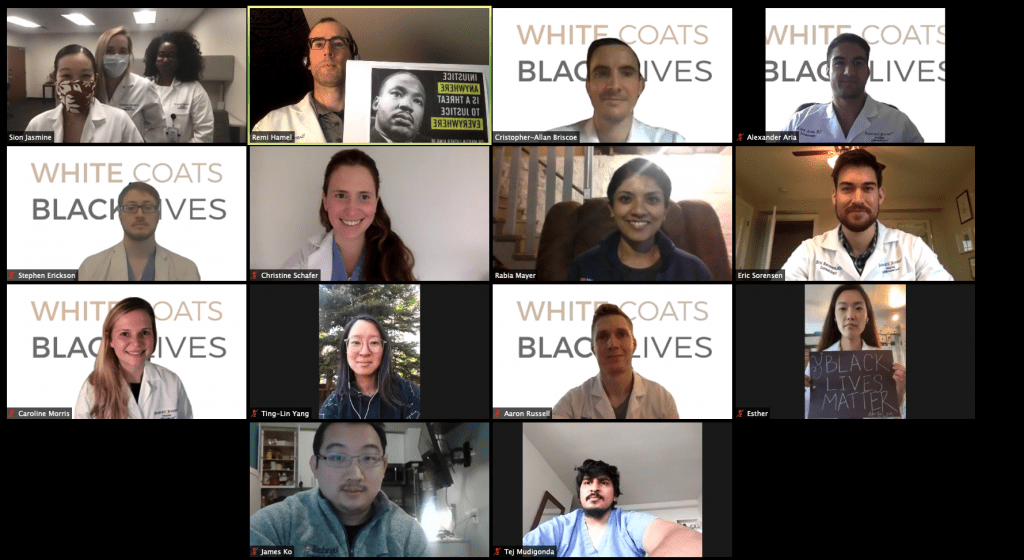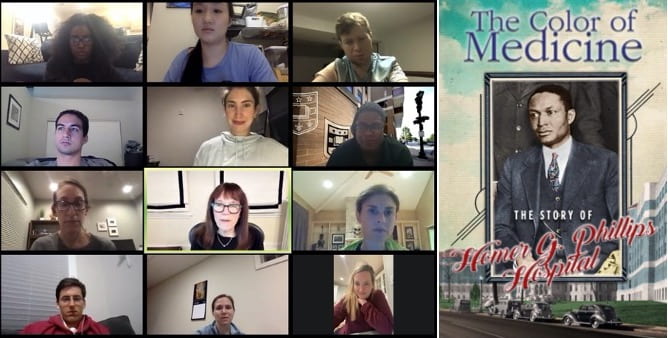Mission
The Division of Dermatology is committed to providing equitable and inclusive patient care, research and learning environments. The Division is dedicated to working with faculty, residents and staff to create a culture that values the diversity of its members and the populations we serve – including individuals of all races, ethnicities, abilities, socioeconomic status, immigration status, veteran status, gender identities and sexual orientations. We pledge to provide clinically excellent and culturally responsive patient care and to recognize, and address, the ever present risk of conscious or unconscious bias and discrimination in all facets of service.
Diversity leaders
Recognizing the importance of educating culturally competent physicians and also understanding the critical need to support residents from backgrounds under-represented in medicine, we have created a resident committee on Diversity, Equity, Inclusion and Anti-racism to help support our program leadership in developing programs and facilitating events to further discussions and understanding of the importance of anti-racism and inclusivity work. Resident committee leaders are Drs. Kandice Bailey , Sarah Ferree, and Nathan Vengalil.

Events and education
We recognize the importance of diverse representation in education, and have committed to incorporating images of dermatologic manifestations in skin of color in every didactic session. Additionally, we have dedicated lectures on skin of color, health disparities, social determinants of health as well as dermatology issues affecting LGBTQIA patients.
There are scheduled resident sessions throughout the year that address anti-racism and inclusivity including listening sessions, book clubs, film screenings and discussions, and social justice-oriented journal clubs.

Residents can participate in research projects in the area of diversity, equity, and inclusion. Additionally, patient care involves care for underserved and underinsured patient populations in resident clinic as well as our general dermatology clinics. Additional opportunities for community outreach and volunteer work in the St. Louis area are being developed.